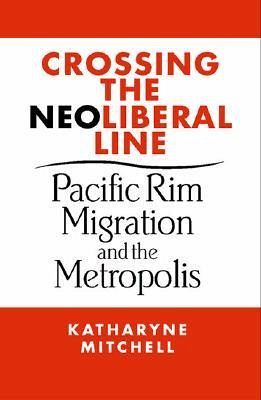
Crossing the Neoliberal Line: Pacific Rim Migration and the Metropolis

PAYBACK Punkte
15 °P sammeln!
As wealthy immigrants from Hong Kong began to settle in Vancouver, British Columbia, their presence undid a longstanding liberal consensus that defined politics and spatial inequality there. Riding the currents of a neoliberal wave, these immigrants became the center of vigorous public controversies around planning, home building, multiculturalism, and the future of Vancouver. Because of their class status and their financial capacity to remake space in their own ways, they became the key to a reshaping of Vancouver through struggles that are necessarily both global and local in context, invol...
As wealthy immigrants from Hong Kong began to settle in Vancouver, British Columbia, their presence undid a longstanding liberal consensus that defined politics and spatial inequality there. Riding the currents of a neoliberal wave, these immigrants became the center of vigorous public controversies around planning, home building, multiculturalism, and the future of Vancouver. Because of their class status and their financial capacity to remake space in their own ways, they became the key to a reshaping of Vancouver through struggles that are necessarily both global and local in context, involving global-real estate enterprises, the Canadian state, city residents, and others. In her examination of the story of the integration of transnational migrants from Hong Kong, Katharyne Mitchell draws out the myriad ways in which liberalism is profoundly spatial, varying greatly depending on the geographical context. In doing so, she shows why understanding the historically and geographically contingent nature of liberal thought and practice is crucial, particularly as we strive to understand the ongoing societies' transition to neoliberalism.



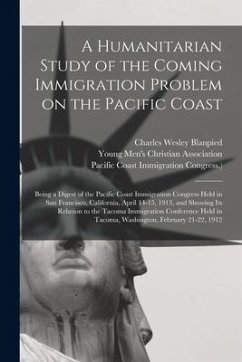
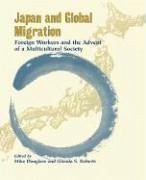
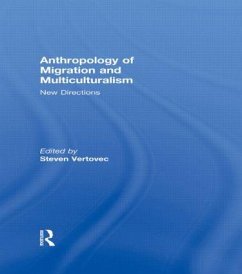
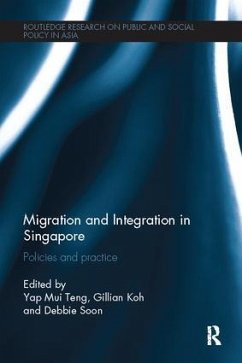
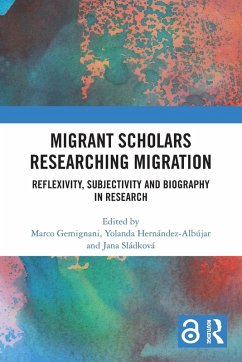
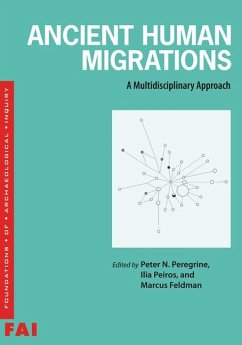
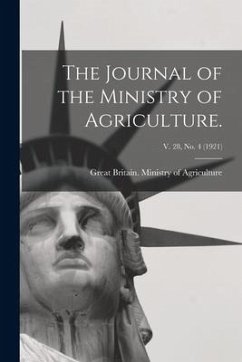
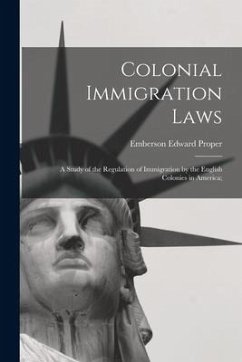
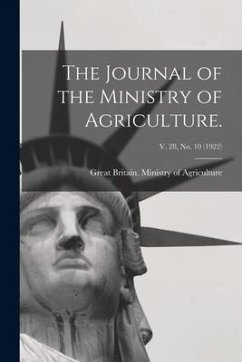
![Emigration Fields [microform]: North America, the Cape, Australia, and New Zealand, Describing These Countries, and Giving a Comparative View of the Cover Emigration Fields [microform]: North America, the Cape, Australia, and New Zealand, Describing These Countries, and Giving a Comparative View of the](https://bilder.buecher.de/produkte/65/65579/65579100n.jpg)